After Many Years, Coyne College Closed– March 31, 2022
Coyne College (“Coyne”) ceased operations on March 31, 2022.
President Michelle Freeman said the difficult decision to cease Coyne’s operations was made after careful analysis of its current and projected fiscal position. Ms. Freeman’s late husband, Russell (“Wicker”) Freeman, who had spent his career building Coyne, was burdened with making the difficult decision.
Throughout its 120-year history, Coyne has provided in-demand degree and diploma programs to enable students to obtain employment in areas employers have needed.
Coyne’s exceptional curriculum and instructors helped thousands of individuals learn skilled trades and, as a result, earned family supporting wages.
“Coyne has trained and awarded degrees to thousands of students who have gone on to become successful trade and medical professionals. These individuals have been able to obtain careers that provide a living wage to them and their families. Coyne has supplied highly skilled workers to the Chicago area for over 120 years, and while we are saddened by the need to end our educational mission, we will maintain our legacy in the community through our alumni who are serving in the trade and health care industries,” said Ms. Freeman.
Mr. Freeman, who preferred to be called “Wicker,” was actively involved in Coyne and greatly contributed to post-secondary higher education for 34 years. A highly-regarded leader, Mr. Freeman was dedicated to many organizations, including the Imagine American Foundation, Career Education Colleges, and Illinois Career College Association. Mr. Freeman also was a driving force behind the Coyne American Institute Education Foundation (“CAIEF”), which furthered Coyne students’ dreams of a quality education through scholarship opportunities that helped fund their career training at Coyne.
Coyne College has voluntarily withdrawn from all regional, state and programmatic accreditation. Coyne was accredited by the Accrediting Commission of Career Schools and Colleges (ACCSC) in March 2022.
We have worked with schools that offer similar programs to work with Coyne students who have not been able to finish their program. Individual schools will have a public statement of their policy on transfer credits earned at other institutions of higher education, including the criteria used for their decisions. As an accredited school, Coyne College’s credit hours are academically robust and should meet any other school’s standards. However, this ultimately depends on several factors, such as the new schools’ particular requirements, the new school’s degree plan, etc. Schools that will work with you to transfer credits are listed below. Students who accepted federal financial aid may be eligible to apply for a closed-school loan discharge with the U.S. Department of Education. Information relating to closed-school loan discharge, including eligibility requirements and application process, is located on the Department of Education’s website at the following address: https://studentaid.gov/manage-loans/forgiveness-cancellation/closed-school
Students can request transcripts from the Illinois Board of Higher Education. The link to request transcripts for the certificate programs is here: https://www.ibhe.org/pbvsClosed.html.
The link to request transcripts for degree programs is here: https://www.ibhe.org/dgclosed.html
Regarding EPA cards and testing, ESCO Institute will provide either online or in-person testing.
You can register for an online test at https://www.escotesting.com/remote/default.aspx or call ESCO’s office at 800-726-9696 to find a physical testing location if needed. ESCO Institute will provide copies of your EPA Cards
*** Important Notice re: Form 1098-T Tuition Statement ***
Coyne College is required to send a Form 1098-T Tuition Statement to any student who paid "qualified educational expenses" in the preceding tax year by January 31, 2024. This statement is required to support any claim for the Education Credit when filing Federal Income Tax Returns. Amounts paid will include your Title IV Federal Student Aid Disbursements.
The scheduled mailing date for Form 1098-T is January 15, 2024. The Form will be sent to the address on file with the school. If we do not have your correct address on file, please email your correct address to grobertson@coynecollege.edu by December 15th.
Referrals
Electrical Diploma
HVAC Technical Institute
https://www.hvac-tech.com/
Peter Magallenes
Admissions Director
773-927-9562
East-West University
https://www.eastwest.edu/
Sonya Slaughter
Director of Admissions
312-939-0111, ext:1834
Google Voice 312-219-5431
sonya@eastwest.edu
Electrical AAS
Lincoln Tech’s Melrose Park Campus
Contact Our Admissions Team at 708-344-4700, extension 41670
Or Visit https://www.lincolntech.edu/campus/melrose-park-il
East-West University
https://www.eastwest.edu/
Sonya Slaughter
Director of Admissions
312-939-0111, ext:1834
Google Voice 312-219-5431
sonya@eastwest.edu
HVAC-R
HVAC Technical Institute
https://www.hvac-tech.com/
Peter Magallenes
Admissions Director
773-927-9562
ETI School of Skilled Trades
https://eticampus.edu/
Michelle Scheldberg
Director of Admissions and Marketing
P. 630-216-4870
E. mscheldberg@eticampus.edu
East-West University
https://www.eastwest.edu/
Sonya Slaughter
Director of Admissions
312-939-0111, ext:1834
Google Voice 312-219-5431
sonya@eastwest.edu
Medical Assistant
St. Augustine College
Andrea Schmoyer,
Director of Admissions
aschmoyer@staugustine.edu
https://www.staugustine.edu/
Lincoln Tech’s Melrose Park Campus
Contact Our Admissions Team at 708-344-4700, extension 41670
Or Visit https://www.lincolntech.edu/campus/melrose-park-il
East-West University
https://www.eastwest.edu/
Sonya Slaughter
Director of Admissions
312-939-0111, ext:1834
Google Voice 312-219-5431
sonya@eastwest.edu
Midwestern Career College
Erin Gotwals
Admissions Manager
EGotwals@mccollege.edu
312-236-9000 x 200
Medical Billing and Coding
St. Augustine College
Andrea Schmoyer,
Director of Admissions
aschmoyer@staugustine.edu
https://www.staugustine.edu/
East-West University
https://www.eastwest.edu/
Sonya Slaughter
Director of Admissions
312-939-0111, ext:1834
Google Voice 312-219-5431
sonya@eastwest.edu
Pharmacy Tech
St. Augustine College
Andrea Schmoyer,
Director of Admissions
aschmoyer@staugustine.edu
https://www.staugustine.edu/
East-West University
https://www.eastwest.edu/
Sonya Slaughter
Director of Admissions
312-939-0111, ext:1834
Google Voice 312-219-5431
sonya@eastwest.edu
Chicago’s own Coyne College offers the in-demand degree and diploma programs employers need right here in Chicago. We work with some of the leading employers in the city to help get you placed in a challenging career upon graduation. Bottom line, Chicago’s own Coyne College gives you hands-on training you’ll need to get the job done.
Hands-on Training Completed in Less Than a Year
There’s a toughness to the men and women of Chicago. You can see it in our eyes. You can read it on our faces. Chicago’s own Coyne College offers HVAC and Refrigeration programs for those who aren’t afraid of a hard day’s work.
Earn Your Electrical Construction and Planning Degree
When you’re from Chicago, you’re not afraid of a hard day’s work. It’s how you were raised. It’s what’s expected. Chicago’s own Coyne College offers an Electrical Construction and Planning degree for men and women who want to be challenged every day on the job.
Earn Your Electrical Construction and Maintenance Diploma in as little as 42 Weeks
Chicago’s own Coyne College is looking for a few tough men and women who aren’t afraid of a challenge. Coyne College offers Electrical Construction and Maintenance career training programs that will put you to the test every day.
A Rewarding Career in a Growing Industry
The men and women of Chicago are no pushovers. They’ve been raised “Chicago tough” and know how to get what they want. Chicago’s own Coyne College prepares you for what employers want from Medical Assistant graduates.
Begin a Career in Health Care as a Medical Billing and Coding Specialist
Chicago is the city of opportunity, if you know where to look. It’s waiting for you around every corner. Chicago’s own Coyne College offers in-demand programs in the Allied Health fields, including Medical Billing and Coding Specialist, Pharmacy Technician and Medical Assistant.
A Rewarding Career in a Growing Industry
Chicago is a city in demand for Pharmacy Technicians. Operating in every neighborhood, 24 hours a day, 7 days a week – Chicago is a hub for medicine. Now is the time to train for your new career as a Pharmacy Technician at Coyne College.
Success Stories
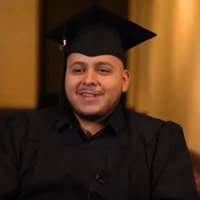



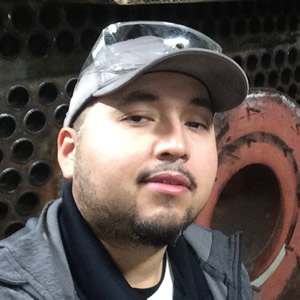

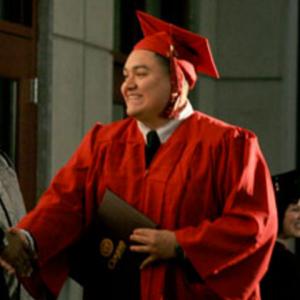

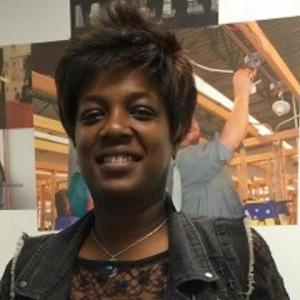
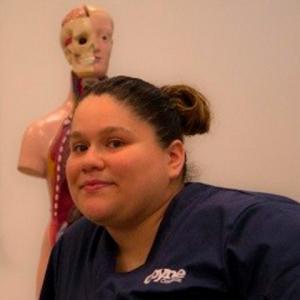
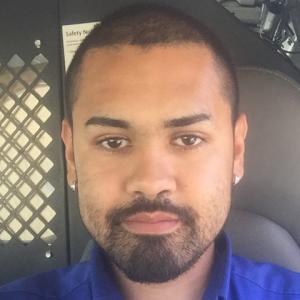
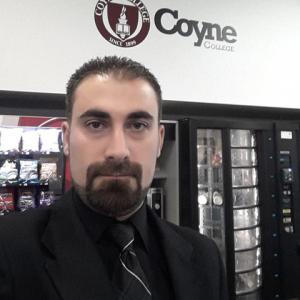
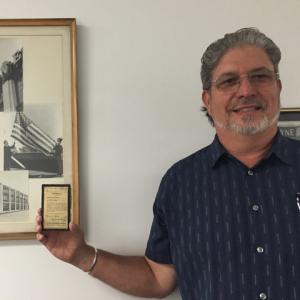

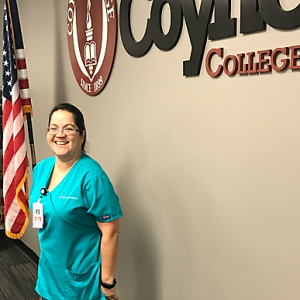
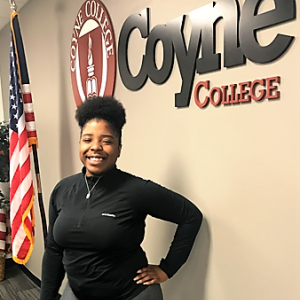
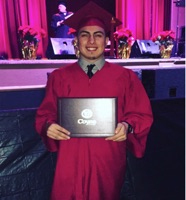


© 2020 Coyne College. All rights reserved.
